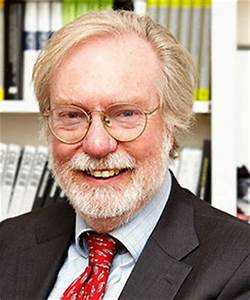Productive jobs: rebasing growth in the MENA region
With the oil rents of the Middle East set to wane, it is essential to generate opportunities for jobs that are sufficiently productive to sustain the living standards that the population has come to expect. As Paul Collier explained in the opening keynote address at ERF’s 25th annual conference, the bare bones of building productivity at twenty-first century levels are not mysterious: clusters of firms capable of innovation have to be built and linked to vocational training that equips a workforce with the skills that firms need.
Transformation under radical uncertainty: the challenge for MENA
Shifting from a centralised rent-seeking society to a decentralised productive society is such a major transformation that it cannot be fully planned in advance. As Paul Collier explained in his keynote address at ERF’s 25th annual conference, it is subject to ‘radical uncertainty’ and as such depends on igniting rapid social learning so that society ‘error-corrects’ as it attempts change. His analysis draws lessons for MENA countries.


